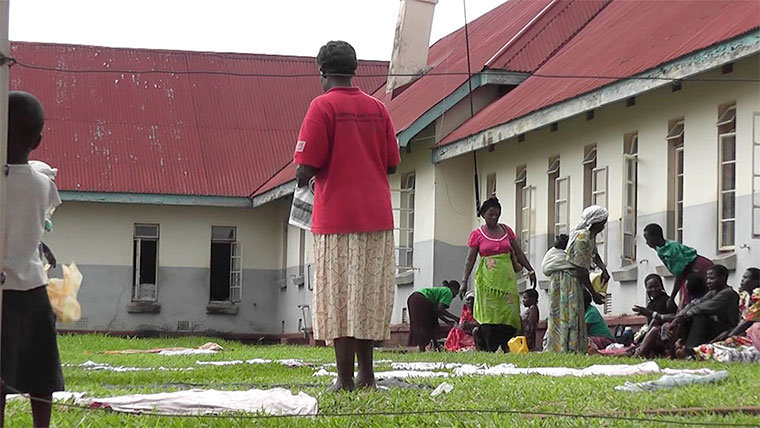After years of medical consultations and inconclusive tests, João finally received a devastating diagnosis in 2023 – penile cancer. The shock and anguish reverberated through his family, leading to the partial amputation of his penis.
The emotional impact was overwhelming, leaving João feeling as though he had been decapitated. Penile cancer, a topic often shrouded in silence and stigma, had become his harsh reality.
Penile cancer’s rising incidence and mortality rates
Penile cancer, although rare, is on the rise worldwide. Brazil, João’s home country, bears one of the highest incidence rates at 2.1 per 100,000 men. Startlingly, between 2012 and 2022, there were 21,000 reported cases in Brazil alone, resulting in over 4,000 deaths and more than 6,500 amputations.
The state of Maranhão, known for its poverty, holds the unfortunate distinction of having the highest incidence rate globally at 6.1 per 100,000 men.
Understanding the symptoms of penile cancer is crucial for early detection and effective treatment. Persistent sores on the penis, non-healing wounds, strong-smelling discharge, bleeding, and color changes are potential indicators of this insidious disease.
Fortunately, when detected early, there is a high chance of recovery through treatments like surgical removal, radiotherapy, and chemotherapy. However, if left untreated, the consequences may require partial or total amputation of the penis and surrounding genital organs.
Unveiling the risk factors: HPV infection and poor hygiene
The persistent infection of the human papillomavirus (HPV) poses a significant risk factor for penile cancer. HPV, commonly transmitted through sexual contact, can lead to various cancers, including those affecting the mouth and penis.
Vaccination against HPV is crucial in preventing related lesions, yet Brazil’s vaccination rates remain alarmingly low.
Furthermore, poor hygiene practices and conditions like phimosis, which hinder proper foreskin retraction and cleanliness, increase the risk of bacterial infections that can ultimately contribute to the development of penile tumors.
Penile cancer is not limited to Brazil; its incidence is increasing globally. A comprehensive analysis across 43 countries revealed that Uganda held the highest incidence rate between 2008 and 2012, followed closely by Brazil and Thailand.
Even European countries are experiencing a rise in cases, such as England and Germany. The predictions from the Global Cancer Registries suggest that by 2050, the global incidence of penile cancer will surge by more than 77%, primarily due to an aging population.
A journey of hope
Experts emphasize that penile cancer is highly preventable. Encouraging the use of condoms during sexual activity and considering circumcision in cases of phimosis can significantly reduce the risk.
Additionally, educating the public about the importance of HPV vaccination and dispelling misinformation surrounding its effectiveness is crucial. Promoting good hygiene practices and raising awareness about the early symptoms of penile cancer can make a substantial difference in combatting this silent threat.
João, holding onto hope, awaits his latest test results, confident that he will be cured. Although the pain has subsided since his partial amputation, he knows he will forever live with the physical and emotional scars.
Despite the challenges he has faced, João’s story serves as a reminder of the resilience and strength of those battling penile cancer. With advancements in early detection, treatment options, and increased awareness, we can strive to improve outcomes for all those affected by this silent disease.
Check also;
This is not a Paywall, but Newslex Point's journalism consumes a lot of time, hard-work and money. That's why we're kindly requesting you to support us in anyway they can, for as little as $1 or more, you can support us .Please use the button below to contribute to Newslex Point, Inc. using a credit card or via PayPal.

 Newslex Point News in Uganda, Uganda news
Newslex Point News in Uganda, Uganda news












